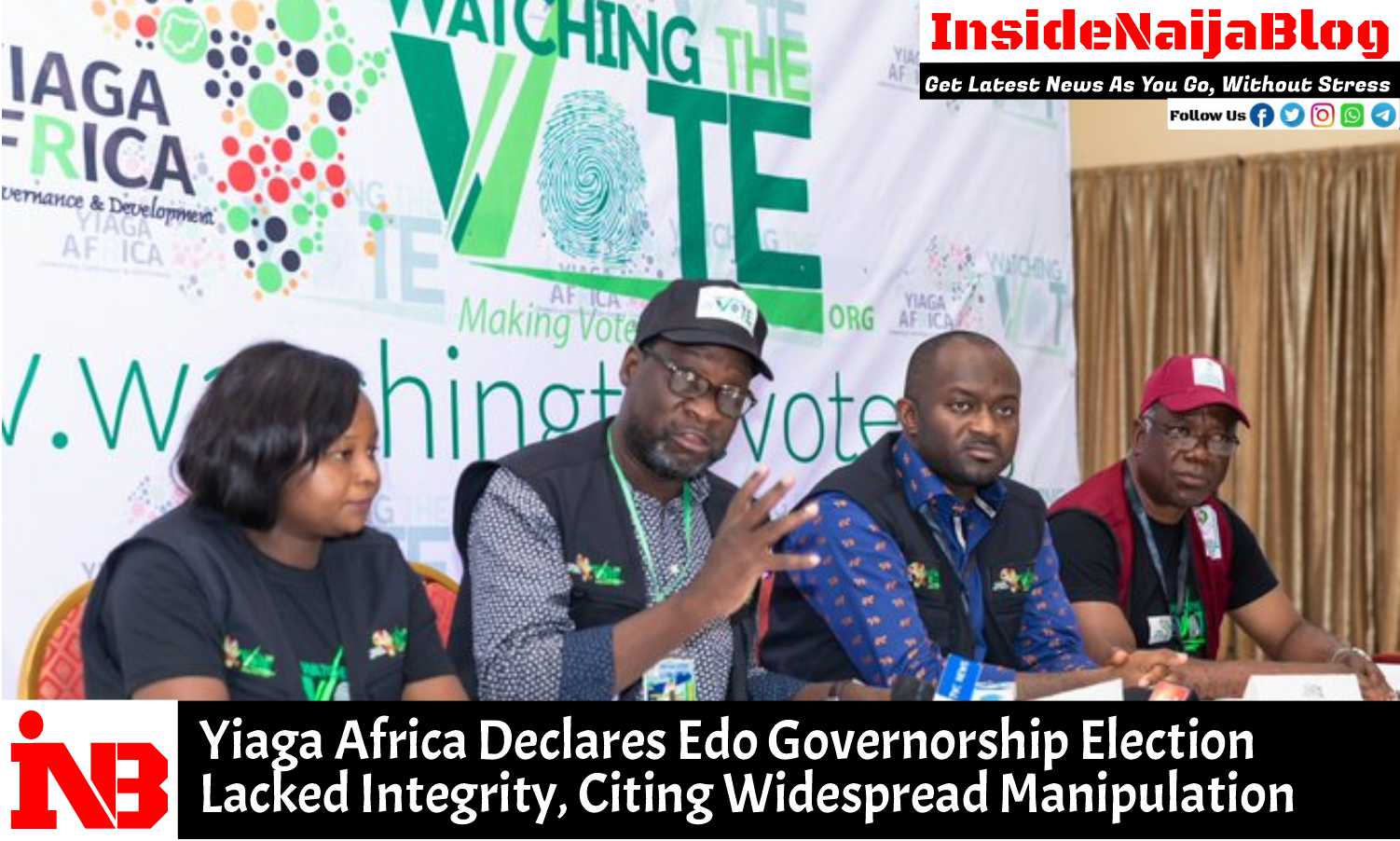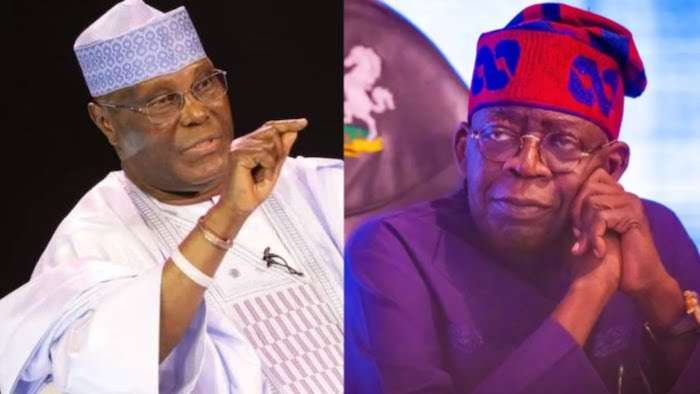The recent governorship election in Edo State has come under scrutiny following a post-election statement by Yiaga Africa, a prominent election observer group. Their analysis concluded that the election failed to meet integrity standards due to significant manipulation of results. This declaration follows the announcement by the Independent National Electoral Commission (INEC), which declared Senator Monday Okpebholo of the All Progressives Congress (APC) as the winner, securing 291,667 votes against Asue Ighodalo of the Peoples Democratic Party (PDP) with 247,274 votes, and Olumide Akpata of the Labour Party (LP) with 22,763 votes.
Methodology and Findings
Yiaga Africa utilized its Process and Results Verification for Transparency (PRVT) methodology during the election, employing 300 stationary and 25 roving observers to cover polling units across all 18 local government areas (LGAs). Their goal was to independently assess the quality of the electoral process and verify the accuracy of INEC’s announced results. While they noted some compliance in aspects such as material deployment, they reported alarming instances of result manipulation and disruptions, particularly during the collation phases in several LGAs, including Ikpoba/Okha, Etsako West, Egor, and Oredo.
The organization highlighted various issues, such as intimidation of INEC officials and party agents, which severely undermined the credibility of the results. According to Yiaga Africa, their observations indicated that the incidents of manipulation and collusion created significant opportunities for electoral fraud, leading to a compromised integrity of the final results.
Statistical Discrepancies
Yiaga Africa’s statistical analysis revealed inconsistencies in the official results announced by INEC. For example, results for the APC in Oredo and Egor LGAs were found to be outside the projected estimates from Yiaga Africa’s PRVT analysis. Similar discrepancies were noted for the PDP in Esan West LGA and for the LP in Oredo LGA. These differences suggested alterations to the results during the collation process, raising serious questions about the authenticity of the electoral outcome.
In their report, Yiaga Africa condemned the actions of certain biased INEC officials who allegedly manipulated figures during the collation, as well as security personnel who interfered inappropriately with the electoral process. They characterized the disruptions in the identified LGAs as detrimental to the election’s credibility.
Voter Turnout Concerns
In addition to issues of manipulation, Yiaga Africa expressed concern over voter turnout, which plummeted to 22.4%, a decrease from 27% in the previous 2020 election. Despite high rates of Permanent Voter Card (PVC) collection, this turnout fell short of expectations, indicating potential voter apathy or disenfranchisement.
Nevertheless, Yiaga Africa acknowledged the resilience of voters who braved rain and delays to fulfill their civic duties, highlighting their commitment to the democratic process despite challenges.
Official Response
In response to Yiaga Africa’s assertions, an unnamed INEC official stated that the observer group’s findings should not be the sole basis for evaluating the election’s legitimacy. They emphasized that established mechanisms exist for aggrieved parties to lodge complaints and seek redress through legal channels. Additionally, INEC reiterated its commitment to reviewing any complaints it receives and acting accordingly, as previously stated by Mallam Mohammed Haruna, a spokesperson for the commission.
The statements from Yiaga Africa present a sobering view of the recent governorship election in Edo State, raising significant concerns about the integrity of the electoral process. As discussions continue regarding the implications of these findings, the need for transparent mechanisms and accountability in Nigeria’s electoral system remains paramount. With various parties now considering their next steps, the focus will undoubtedly shift to ensuring that future elections uphold the standards of fairness and transparency expected by the electorate.


